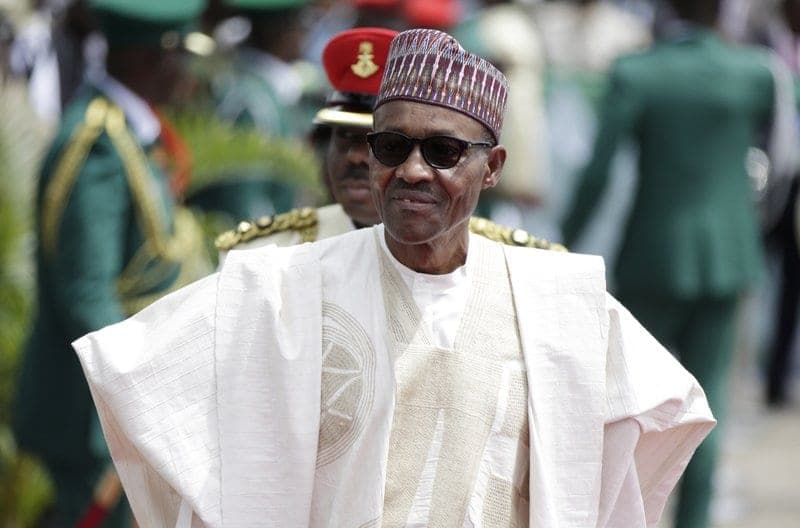YAOUNDÉ, Cameroon – As a drought continues to blight pastureland in northern Nigeria, herdsmen who depend on the land to feed their cattle are now migrating southwards in search of more vegetation. But in doing so, they have come into conflict with farmers whose crops are frequently destroyed by the cattle.
Over the past several months, there has been an upsurge in violent confrontation between armed herders and unarmed farmers, with several farmers being killed.
The tensions have been made worse by the fact the herdsmen are Muslim, and the farmers are predominantly Christian.
The spate of violence has drawn a sharp reaction from Nigeria’s bishops. In a message released on January 16, the bishops said Nigeria had come “under siege from many forces.”
“Repeatedly, innocent citizens in different communities across the nation are brutally attacked and their sources of livelihood mindlessly destroyed. Property, worth millions …including places of worship, schools, hospitals and business enterprises are torched and turned to ashes. In the words of Thomas Hobbes, these criminals have made life in our nation ‘nasty, brutish and short,’ causing people to live in perpetual fear, anxiety and desperation,” the statement reads.
The message was signed by the Bishop of Jos, Ignatius Kaigama, President of the Episcopal Conference of Nigeria and Bishop of Gboko, William Avenya, the Secretary General of the Conference.
The statement said the killings, taking place in the “middle belt” of Nigeria – where the Muslim north meets the Christian south – was causing “national shock, grief and outcry.”
RELATED: Nigerian Archbishop calls for government to protect Christians
“We commiserate with the families of the deceased, whilst we pray for the blissful repose of the dead and the quick recovery of the wounded. At the same time, we totally condemn such brutal massacres of innocent people. Herdsmen may be under pressure to save their livestock and economy, but this is never to be done at the expense of other peoples’ lives or livelihoods,” the bishops said.
They said it was “madness to slaughter fellow human beings and shameful that we had to show the world this ugly picture of our country.”
The killing of farmers by herdsmen is not a new thing in Nigeria. According to the Vanguard, a Nigerian newspaper, about 121 farmers were killed by herdsmen belonging to the Fulani tribe between 1996 and 2006.
But the attacks have been rising this decade, with over 1200 people killed by Fulani herdsmen in 2014 alone. On January 1,2018, 73 farmers were killed in Benue state.
With entire communities razed and buildings destroyed, the state’s emergency agency says 40,000 people have been displaced by the attacks.
The attacks are causing more deaths now than the Islamist group Boko Haram, which operates in the northeast of the country, and usually captures international headlines.
The country director for Nigeria of Amnesty International, Osai Ojigho, described the situation as reaching a “boiling point of total anarchy.”
“We’ve been following the incessant killings that have been happening in these sort of clashes throughout last year and, of course, at the beginning of the year we woke up to experience another wave at an escalating level that we never thought would get to this point,” she said on Channels TV.
The government has claimed it is concerned about the situation, and officials have said the attacks are “receiving attention at the highest level.”
RELATED: What happens when persecuted Christians fight back?
But the bishops have expressed indignation at the lackluster response by the government, warning that farmers could be tempted to take up arms in self-defense – a development that could further complicate the already delicate situation.
“This will, no doubt, lead to the complete breakdown of law and order in the country,” the bishops wrote.
They urged the government to use its array of intelligence officers to “expeditiously take measures to unmask the perpetrators of these dastardly acts and their sponsors, disarm them and bring them to book. Our perilous situation calls for more security consciousness.”
They also called for alternatives to open grazing, proposing that the government encourage the establishment of “ranches in line with international best practices.”
“Farmers and herdsmen have a lot to contribute to the socio-economic prosperity of our nation. A more enduring strategy must be worked out for their peaceful co-existence and mutual respect,” the bishops said.













